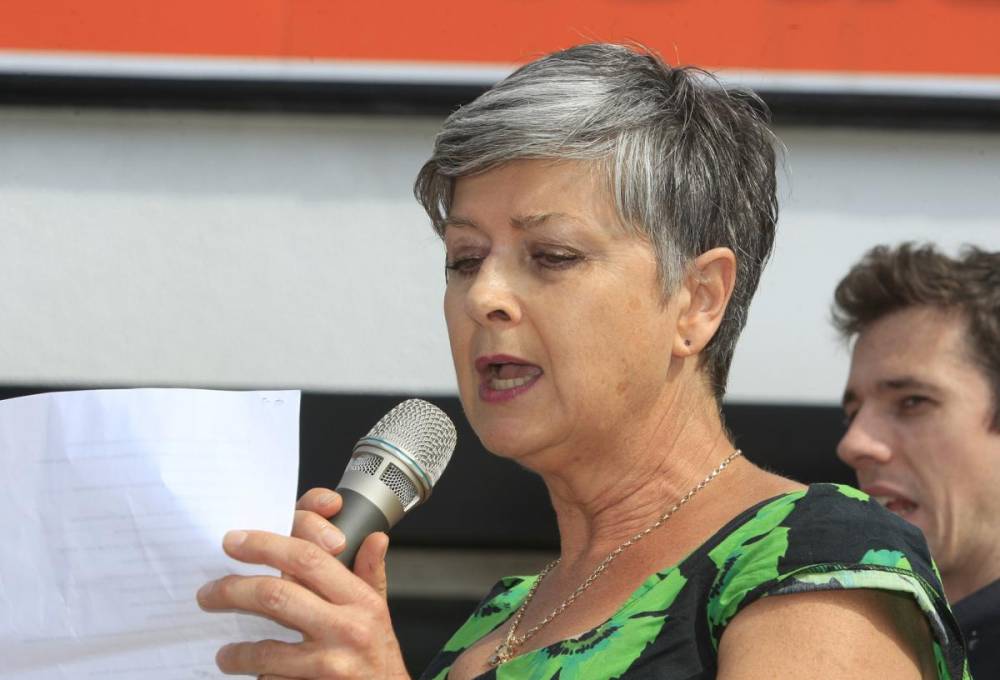Nicola Field

Contact
- Email: k2039550@kingston.ac.uk
- Location: Kingston School of Art, Knights Park
- Faculty: Kingston School of Art
- School: School of Arts, School of Creative and Cultural Industries
- Department: Department of Film and Photography, Department of Fine Art, Department of Humanities
- Research group/centre: Visual and Material Culture Research Centre (VMCRC)
- Personal website
Research project: Disorderly Narratives and Loveless Worlds: Meeting David Storey in the Politics and Poetics of Complex Post-Traumatic Stress
Abstract
This PhD project is a creative/critical practice-based multidisciplinary poetic inquiry into transgenerational family trauma as a social and political experience in capitalist society. I address the embodied experience of Complex Post-Traumatic Stress (CPTSD) caused by chronic, or repeated adversity (contrasted with Post-Traumatic Stress – PTSD – which is associated with a single traumatising event). I use a ‘humanistic' historical materialist critical framework and trauma-narrative theory to explore CPTSD-related states of mind and body through autotheoretical creative life-writing/visual-text, and through a trauma-informed reading of the work of David Storey (1933-2017). Wakefield-born Storey was a leading, multi-award-winning British novelist and playwright of the 1960s and 70s, whose writing was noted for recurring themes of dislocation and division in working-class Northern families, which drew from his own experiences. Storey's stellar career stumbled during a severe mental breakdown in his 50s and his extraordinary, vulnerable, poetic work has never yet been examined in the field of trauma narrative theory. I give more of my perspective on Storey below in The Meaning of David Storey and A modular methodology of ‘meeting'.
The research is a timely, multidimensional dynamic contribution to trauma narrative theory, and trauma-informed social practices. Rebellious and playful, it takes ‘non-linear' to a quantum level via the fragile and destabilised embodied subject-position of this survivor-artist-researcher's affective relationship with the writing of David Storey, and ‘knowledgeable' experience of the contentious and fragmenting conditions of lifelong complex post-traumatic stress (CPTSD - still not fully accepted as a diagnostic category 30 years after being evidenced), and its consequences: ADHD, ideomotor dyspraxia, and ME/CFS.[1] It illuminates the socio-political role of the institution of the family, and the structural oppression, neglect, and abuse that are rooted in family relationships yet are normalised and denied.
This research takes up the ‘cause' of CPTSD, both as a distinct psychiatric entity (Herman 2012), and as a progenitor of a specific kind of trauma poetics by offering an artistic ‘witnessing' and ‘testimony' of CPTSD's ‘protean manifestations' (Herman 1992). I approach the work of David Storey seeking evidence for CPTSD manifestations.
My research, therefore, brings the following multidisciplinary benefits, risks and consequences, as it works to:
- Advocate for the CPTSD ‘entity' and the process of transgenerational trauma transmission, in continuing clinical, political and cultural disputes;
- Contribute to arguments and evidence for trauma-informed culture and services as a new form of disability access;
- Insert new CPTSD-specific perspectives into the field of trauma narrative theory. Bring the work of David Storey into view in this field and to the attention of a new generation of trauma-aware readers and researchers;
- Intervene in contemporary Marxist theories of the family and mental health/distress, and challenge mechanical materialism and the boundaries of the scientific method;
- Channel the impulsive and chaotic powers of my impulsive, embodied writing/drawing process in contributing to new forms of knowledge in practice-based research; its fast, unstable forms and techniques, trouble the separations between insider- and outsider-ness, between expression, evidence and illustration,
- Offer a place for audiences to find their own hidden or denied stories through exhibition, presentation and publication projects and events which invite response through storytelling or drawing.
- Research degree: PhD
- Title of project: Disorderly Narratives and Loveless Worlds: Meeting David Storey in the Politics and Poetics of Complex Post-Traumatic Stress
- Research supervisor: Dr Martin Dines
- Other research supervisor: Dr Meg Jensen
Biography
A socialist activist, I have been a regular reviewer for Socialist Review and have written on history, culture and politics for the journals Critical and Radical Social Work and International Socialism. My creative writing is published in Ambit and Mechanics' Institute Review.
My book Over the Rainbow: Money, Class and Homophobia is a Marxist analysis of the material roots of LGBTQ+ oppression. Since republication in 2015, I have spoken at universities and non-academic settings on class struggle and LGBTQ+ liberation. I contributed at ‘PRIDE and its Precursors: Political Mimesis, Nostalgic Dissidence and Popular Film', at Birkbeck Institute for the Moving Image.
I have exhibited at BFI Southbank and the V&A, was a member of the collective which created Framed Youth, winner of the 1983 BFI Grierson Award and now recognised as a pioneer of scratch video and LGBTQ+ cultural intervention. I am a member of the Bethlem Artists' Collective.
Areas of research interest
- Autotheoretical critical and creative practice
- Trauma poetics and artistic witnessing
- David Storey, novelist, playwright and artist
- Marxist concepts of the family, social structure and alienation
- Humanistic Dialectical Historical Materialism
- Family/developmental/transgenerational trauma as a social experience
- Visual text/art as life-writing
- Post-traumatic narratives
- Neurodivergence as post-trauma as a social experience
- Complex Post-Traumatic Stress as a social experience
Qualifications
- MA in Creative Writing, Birkbeck, University of London
- MA in Modern Literature, Queen Mary, University of London
- Postgraduate Certificate in Print Journalism, University of the Arts, London
- BA (Hons) English, Royal Holloway, University of London
Funding or awards received
- KSA Studentship
